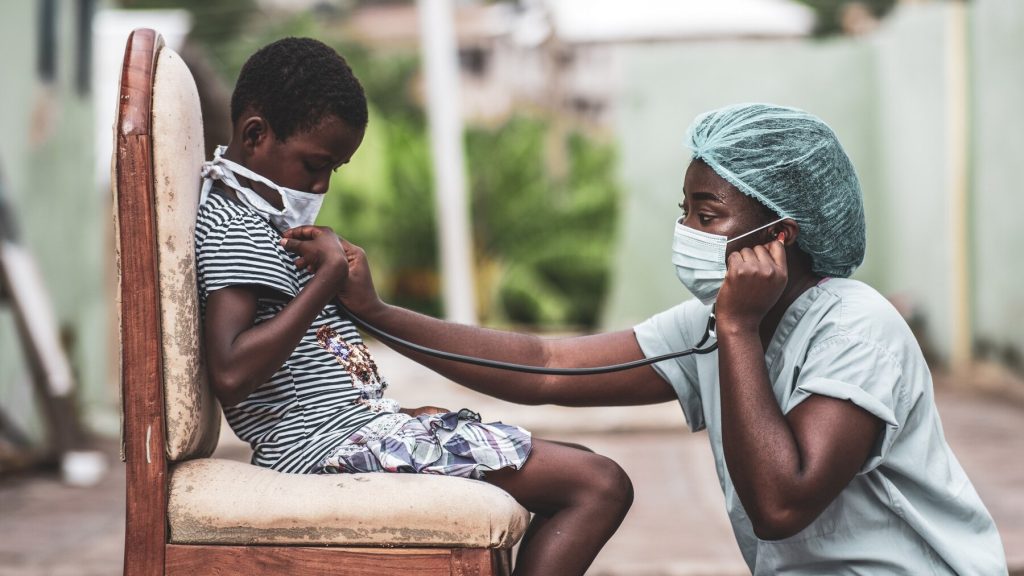Understanding Cholera: Symptoms, Prevention, Causes, and Management
 Cholera is an acute diarrheal infection caused by the bacterium Vibrio cholerae. It’s a significant global health issue, particularly in areas with poor sanitation and limited access to clean water.
Cholera is an acute diarrheal infection caused by the bacterium Vibrio cholerae. It’s a significant global health issue, particularly in areas with poor sanitation and limited access to clean water.
Symptoms: Cholera often begins abruptly and can lead to severe watery diarrhea and vomiting. Symptoms typically appear within a few hours to five days after infection. Severe cases can result in dehydration, which may cause dry skin, sunken eyes, and rapid heart rate. If untreated, cholera can lead to shock and death within hours due to the rapid loss of fluids.
Causes: The primary cause of cholera is ingestion of water or food contaminated with Vibrio cholerae. The bacterium releases a toxin that triggers severe diarrhea. Common sources of infection include contaminated drinking water, undercooked seafood, and unhygienic food preparation.
Prevention: Preventing cholera involves several key practices:
- Improving Water and Sanitation: Ensure access to clean drinking water and proper sanitation facilities.
- Good Hygiene: Wash hands with soap and clean water, especially before eating and after using the toilet.
- Safe Food Practices: Avoid raw or undercooked seafood and vegetables washed in contaminated water.
- Vaccination: Cholera vaccines can offer protection, especially in high-risk areas.
Management: Immediate treatment is crucial for managing cholera:
- Rehydration: Oral rehydration solutions (ORS) are essential to replace lost fluids and electrolytes. In severe cases, intravenous fluids may be necessary.
- Antibiotics: While not always required, antibiotics can reduce the duration of symptoms and spread of the bacteria in severe cases.
- Continued Monitoring: Regular monitoring for signs of dehydration and electrolyte imbalance is critical, especially in severe cases.

Conclusion: Cholera remains a serious threat in regions with inadequate water and sanitation infrastructure. By focusing on prevention through improved hygiene and sanitation, and managing the disease promptly with rehydration and, when needed, antibiotics, the impact of cholera can be significantly reduced. You can book an appointment with our specialist by calling us at HMC Clinic on 08183393333.

